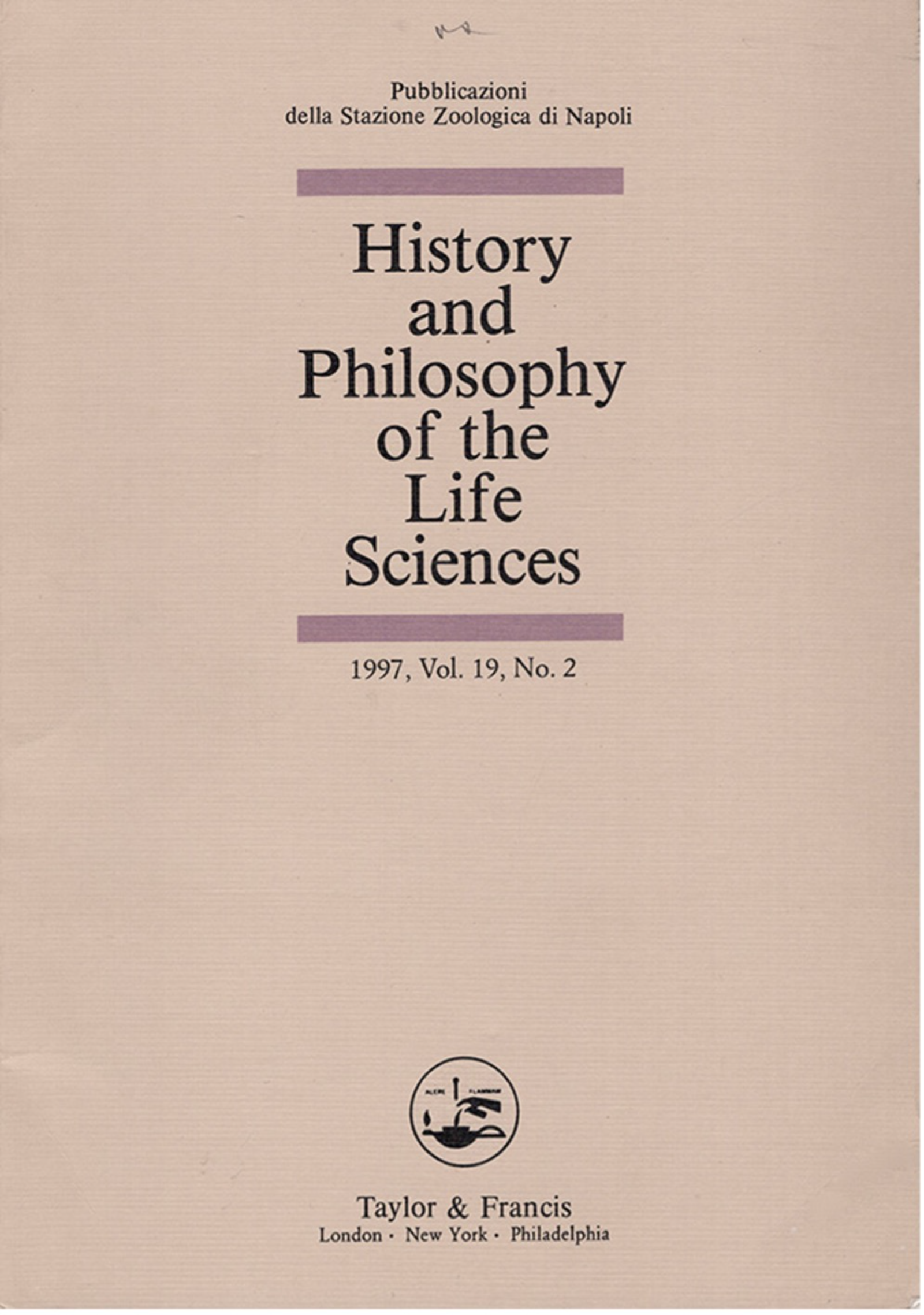This scholarly article by Italian social scientists Mirko Farina and Andrea Lavazza, “The Meaning of Freedom After COVID-19,” investigates the ethical and philosophical implications of digital contact tracing (DCT) technologies. The authors argue that while DCTs are effective tools in pandemic mitigation, they raise serious concerns about privacy and individual freedom. Drawing on a bio-political framework, which analyzes the intersection of political power and biological autonomy, they explore how public health imperatives may conflict with liberal democratic values. Farina and Lavazza highlight how digital surveillance technologies, justified by a desire for collective immunity, may alter public conceptions of freedom in subtle and lasting ways.
Positioned within broader COVID-19 public discourse, this study contributes a critical examination of how emergency technologies reshape ethical norms. The authors foreground the tension between safety and liberty, emphasizing that health policies during crises must be scrutinized for their long-term social consequences. By framing immunity not only as a biomedical goal but also as a site of political contestation, Farina and Lavazza offer a timely intervention into how digital health technologies are normalized in democratic societies.

Citation: Farina, Mirko, and Andrea Lavazza. “The Meaning of Freedom After COVID-19.” History and Philosophy of the Life Sciences, vol. 43, no. 1, 8 January 2021, doi.org/10.1007/s40656-020-00354-7. NON-FICTION, SCHOLARLY | ITALY, RUSSIA. sm/jb/ig
Source Type: Scholarship on COVID-19 Studies
Country: Italy and Russia
Date: 08-Jan-2021
Keywords: Digital Health Technology, Freedom, Italy, Privacy During COVID-19, and Russia